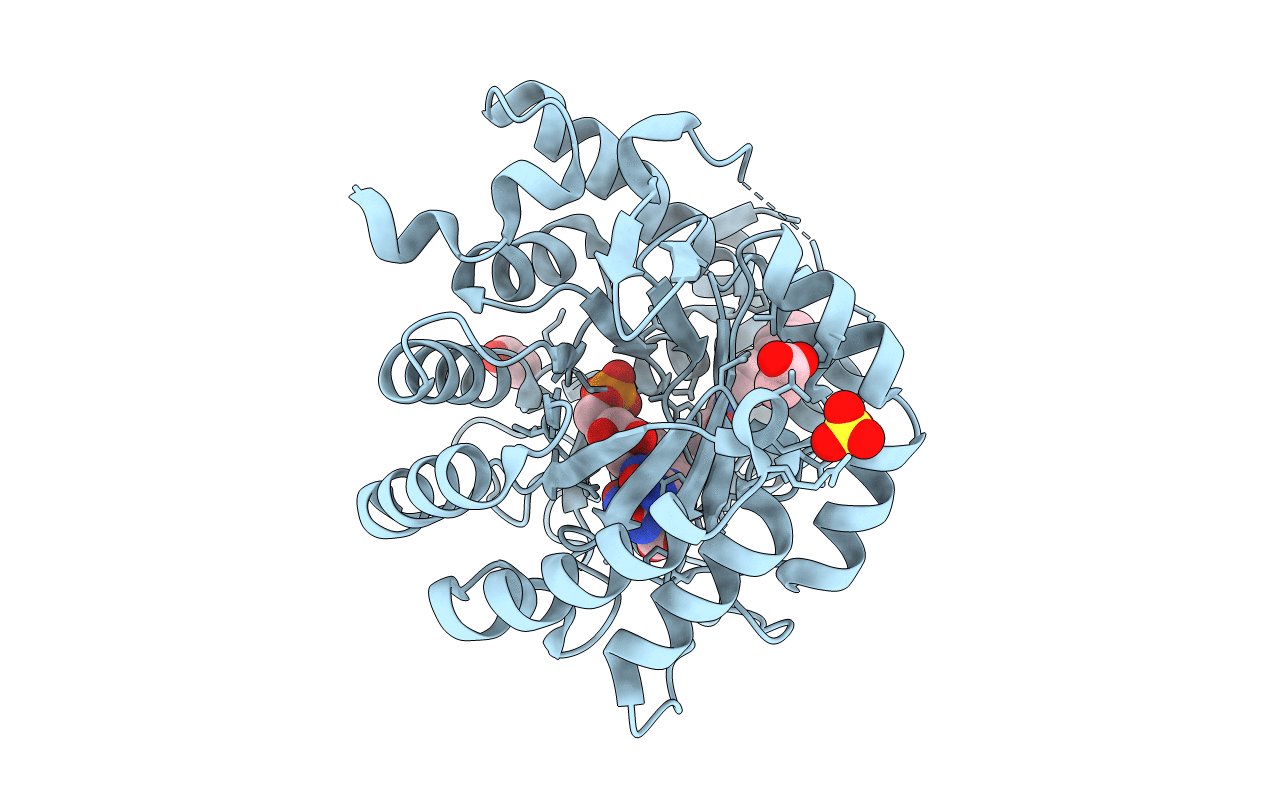
Deposition Date
2008-10-28
Release Date
2009-06-09
Last Version Date
2023-11-01
Entry Detail
PDB ID:
3F1Q
Keywords:
Title:
Human dihydroorotate dehydrogenase in complex with a leflunomide derivative inhibitor 1
Biological Source:
Source Organism(s):
Homo sapiens (Taxon ID: 9606)
Expression System(s):
Method Details:
Experimental Method:
Resolution:
2.00 Å
R-Value Free:
0.19
R-Value Work:
0.17
R-Value Observed:
0.17
Space Group:
P 32 2 1


